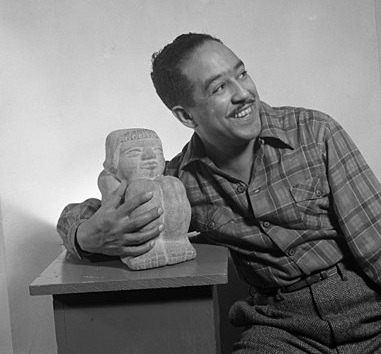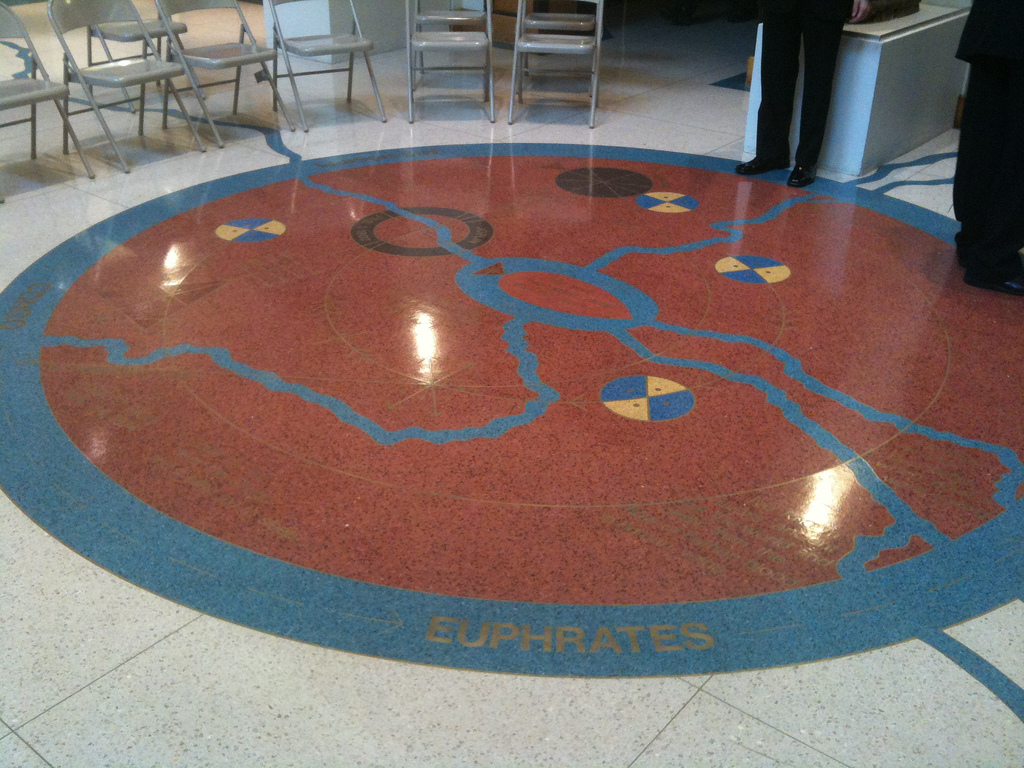By Lady Houston

FROM WIKIPEDIA COMMONS
James Mercer Langston Hughes (February 1, 1901– May 22, 1967) was an American poet, social activist, novelist, playwright, and columnist from Joplin, Missouri. One of the earliest innovators of the literary art form called jazz poetry, Hughes is best known as a leader of the Harlem Renaissance. He famously wrote about the period that “the Negro was in vogue”, which was later paraphrased as “when Harlem was in vogue.”
Growing up in a series of Midwestern towns, Hughes became a prolific writer at an early age. He moved to New York City as a young man, where he made his career. He graduated from high school in Cleveland, Ohio, and soon began studies at Columbia University in New York City. Although he dropped out, he gained notice from New York publishers, first in The Crisis magazine and then from book publishers, and became known in the creative community in Harlem. He eventually graduated from Lincoln University. In addition to poetry, Hughes wrote plays and short stories. He also published several nonfiction works. From 1942 to 1962, as the civil rights movement gained traction, he wrote an in-depth weekly column in a leading black newspaper, The Chicago Defender.
On May 22, 1967, Hughes died in the Stuyvesant Polyclinic in New York City at the age of 66 from complications after abdominal surgery related to prostate cancer. His ashes are interred beneath a floor medallion in the middle of the foyer in the Schomburg Center for Research in Black Culture in Harlem. It is the entrance to an auditorium named for him. The design on the floor is an African cosmogram entitled Rivers. The title is taken from his poem “The Negro Speaks of Rivers“. Within the center of the cosmogram is the line: “My soul has grown deep like the rivers”.

